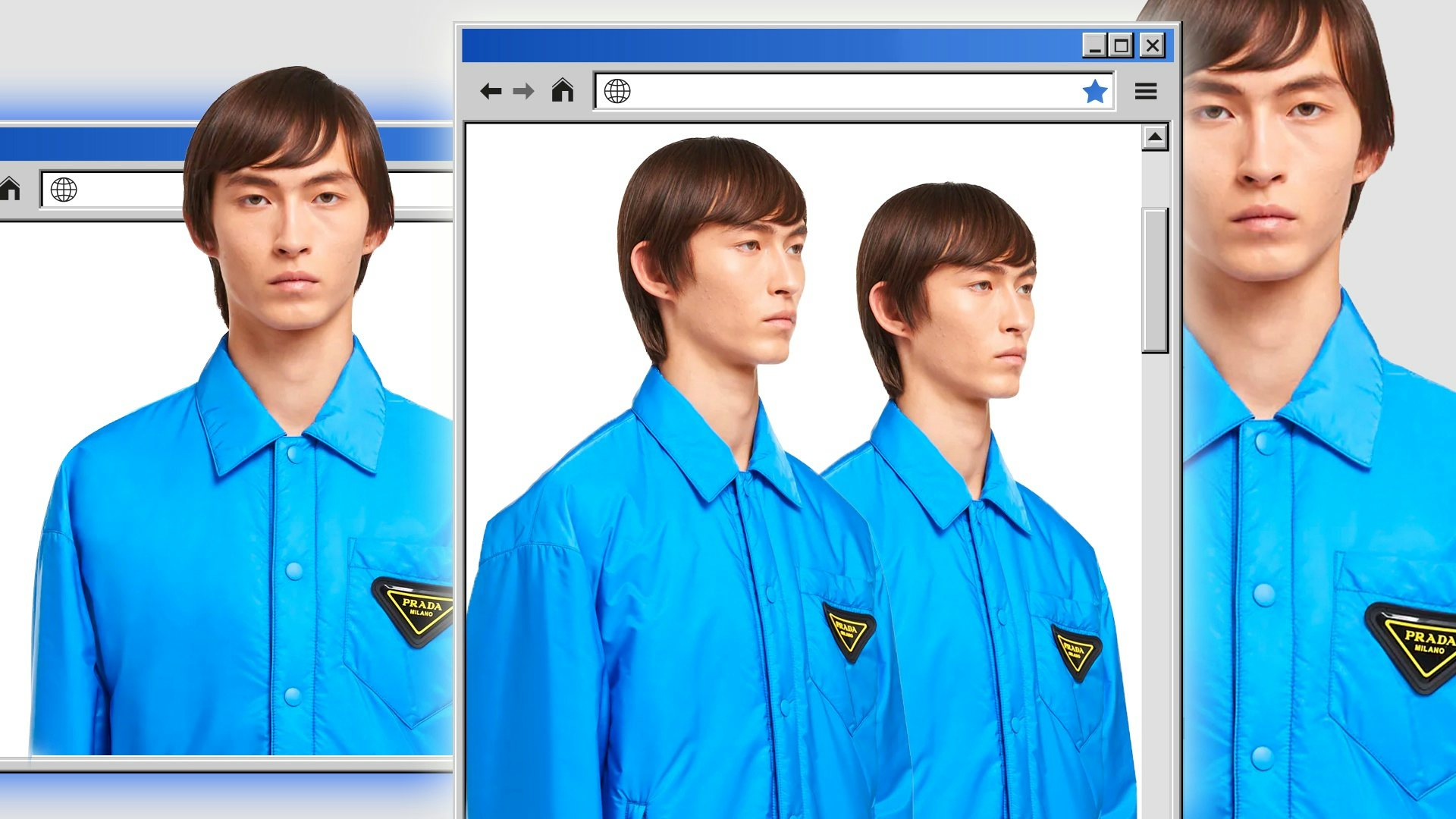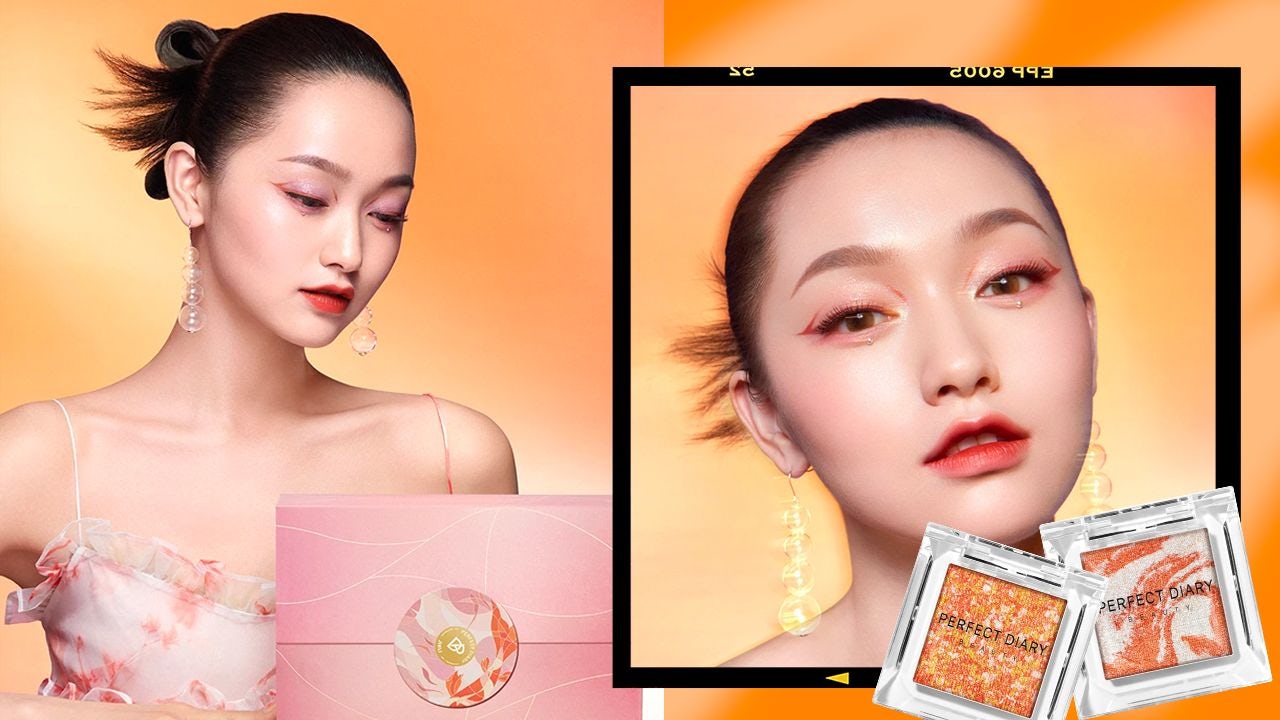Key Takeaways#
:
- There will be a tendency for brands to work with fewer yet better online platforms that they can trust and rely on for data or brand elevation.
- However, as the world reopens — today in Asia, hopefully in the not-too-distant future in the West — brick-and-mortar will again dominate luxury.
- Lifestyle companies feel that, eventually, half of their sales will be online, but this is not likely for luxury brands for three reasons: price, recruitment, and storytelling.
A month ago, Amazon highlighted its latest effort to move the needle in the luxury sector with the launch of its new luxury platform, Luxury Stores, by highlighting notable Oscar de la Renta products for Select Prime members. And it was announced this week that Chinese powerhouse Alibaba was teaming up with Farfetch and Richemont, which owns star jeweler Cartier and the online fashion platform Yoox Net-A-Porter. Separately, Kering’s holding company Artemis is also increasing its investment in Farfetch and its chairman, Francois-Henri Pinault as well as Richemont’s chairman Johann Rupert are part of a Steering Group to accelerate the digitization of the luxury industry.
If you just came back from a desert island, you would probably think that luxury brands can’t wait to work with multi-brand online platforms and that brick and mortar is toast— but, I believe, you would be wrong. When I asked several brands what they thought about eventually working with Amazon, this was the answer that best summarized what they were thinking: “That is a question you should ask my successor... but be patient because I am not going anywhere anytime soon.” As with brick-and-mortar wholesale partners, I believe there will also be a tendency for brands to work with fewer yet better online platforms that they can trust and rely on for data or brand elevation. In essence: Less is more. Farfetch, backed by Alibaba, Richemont and with the input of Kering looks solid for sure. One conspicuous, elephant in the room though; no mention of LVMH, the largest luxury conglomerate hoarding 76 brands.
Beyond partner websites, luxury brands also run their own. But again, I don’t believe you will see the bulk of sales happening there. Sure, when a once-in-a-century pandemic hits and you shut all of your stores, online sales will dominate. But as the world reopens — today in Asia, hopefully in the not-too-distant future in the West — brick-and-mortar will again dominate luxury. When Nike or cosmetics companies explain that eventually half of their sales will be online, I trust them. But if some luxury brands say the same, I would be very doubtful. Why? Three reasons: price, recruitment, and storytelling.
On price, luxury items are seen more as an investment than a commodity. Sure, not every luxury item will be looked after by the next generation like a Patek watch. But consumers will likely give luxury purchases more thought than when they replenish their detergent or Nespresso capsules. If it’s an item you hope will endure, you might want to check it out for real. More importantly, in most of the key growth markets for luxury —and notably in China — a majority of luxury consumers are first-time purchasers. If you are buying a branded handbag or watch for the first time, would you really want that to happen online?
Storytelling is a buzzword in luxury that is usually employed to describe a brand’s efforts at developing an emotional attachment with the consumer. But the greater storytelling, in my mind, is the story the consumer tells her girlfriends. Pre-COVID-19, it could have been: “I just came back from Paris and saw this exhibition… and look at these cute Louboutins I just brought back!” Okay, travel is not an option right now. But I very much doubt, post-COVID, that the story will be: “Hey, I browsed online for an hour, saw this, clicked twice, and then it was delivered a day later.” How dull! How boring. If it is your first time buying a brand, you can start by discovering its story and designs online, sure. But nothing will replace a sales associate taking you through a store.
As the luxury sector moves from a recruitment market to a repeat purchase market, the relevance of online sales should indeed become greater. It should be a bit like when you go back to Nike or adidas, knowing you are a size medium for tops as well as a European 44 or American 10.5 for shoes. You will feel less of an urge to go to stores once you become more familiar with the brands. Moncler recently announced that their online sales were c10 percent pre-COVID and would reach c20 percent three years out. That’s pretty much the level I’ve seen across the luxury sector. If you are a premium luxury European brand, and online is 40 percent of your business, either you are taking risks with your brand equity, or you think you are premium luxury, but you aren’t.
If you believe the future of luxury is online, give it some time. Or else start thinking like Yogi Berra, who said that “the future ain’t what it used to be.”
Erwan Rambourg has been a top-ranked analyst covering the luxury and sporting goods sectors. After eight years as a Marketing Manager in the luxury industry, notably for LVMH and Richemont, he is now a Managing Director and Global Head of Consumer & Retail equity research. He is also the author of Future Luxe: What’s Ahead for the Business of Luxury (2020) and The Bling Dynasty: Why the Reign of Chinese Luxury Shoppers Has Only Just Begun (2014).

